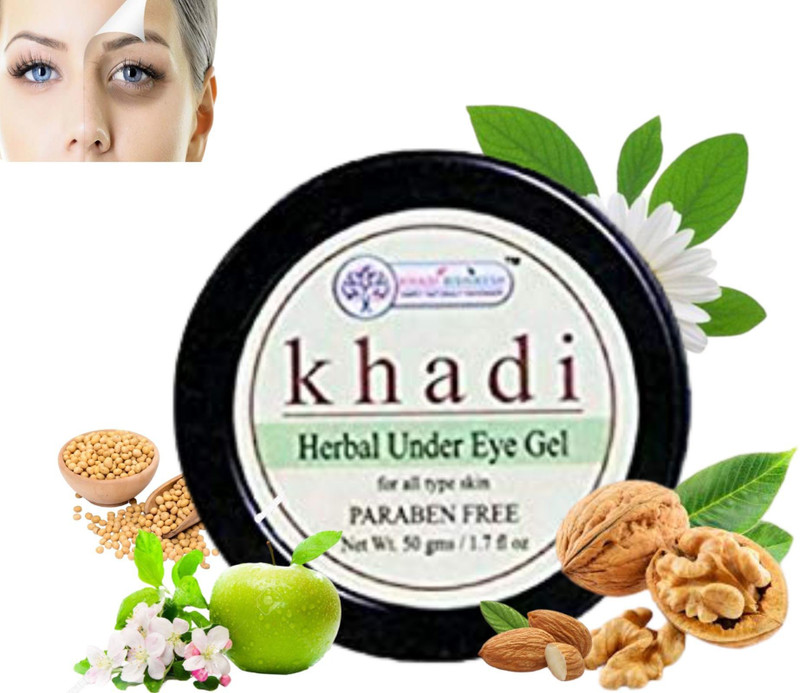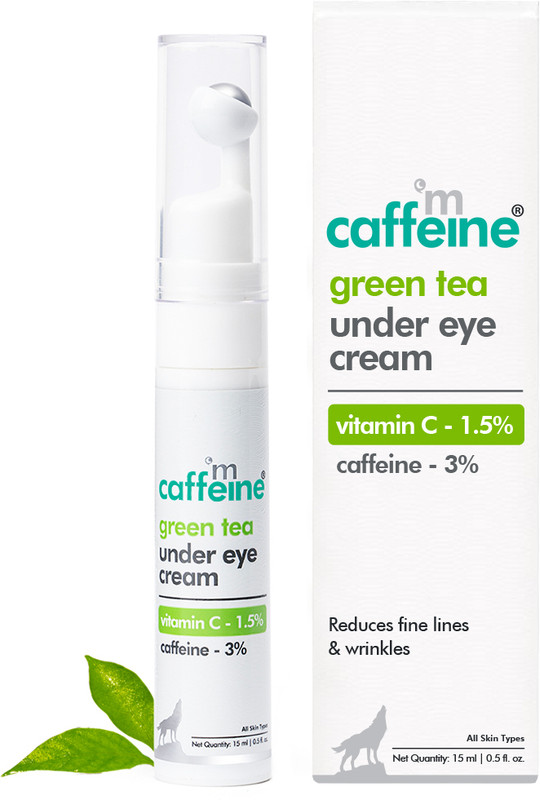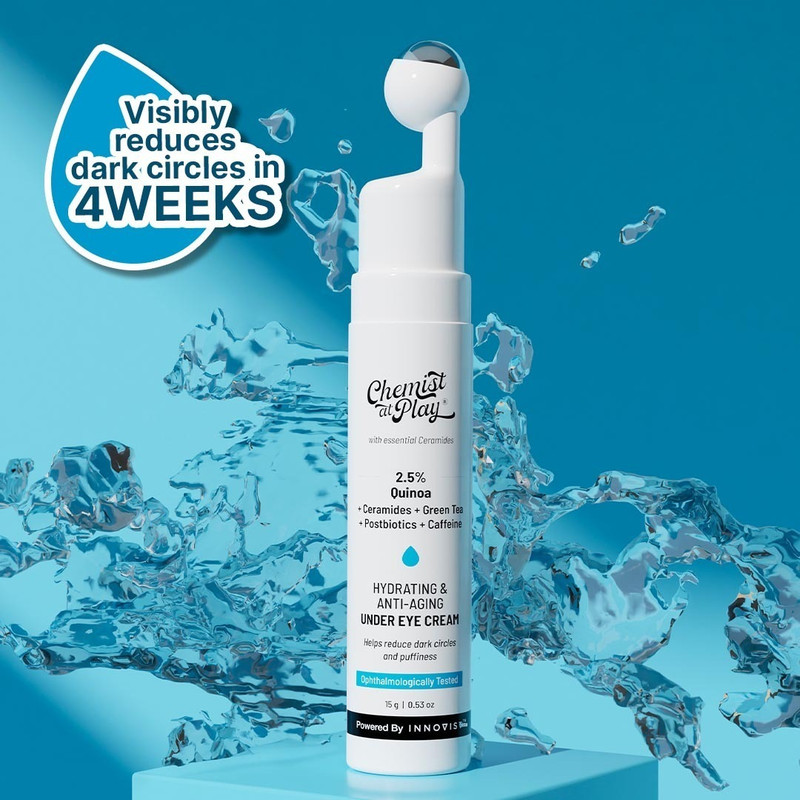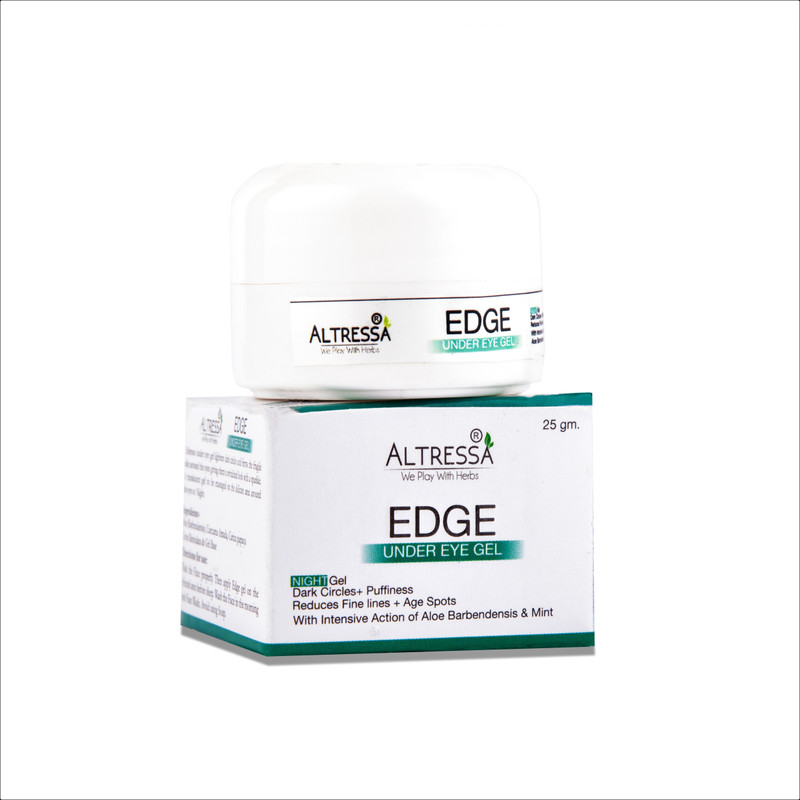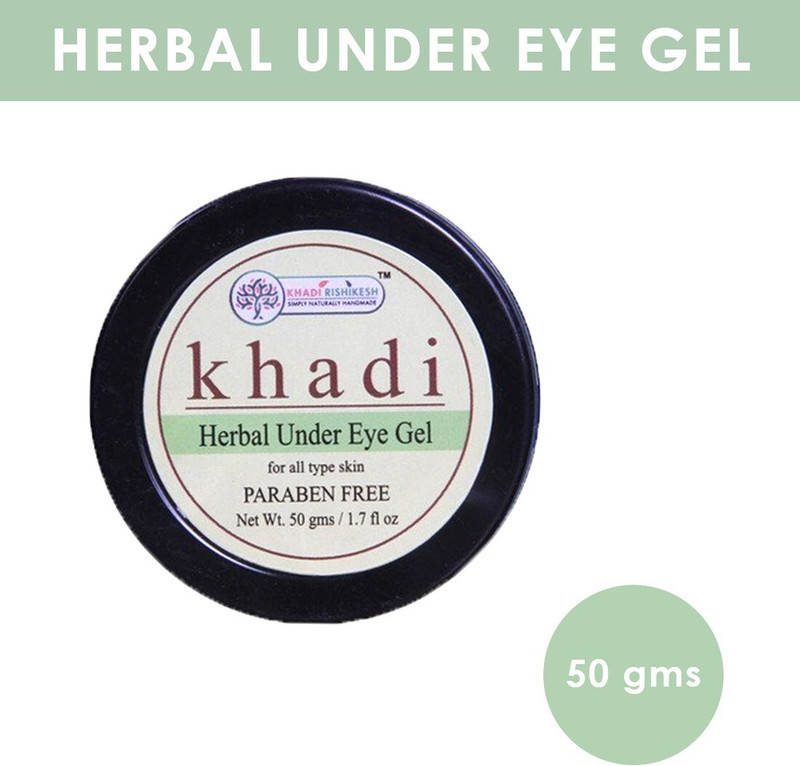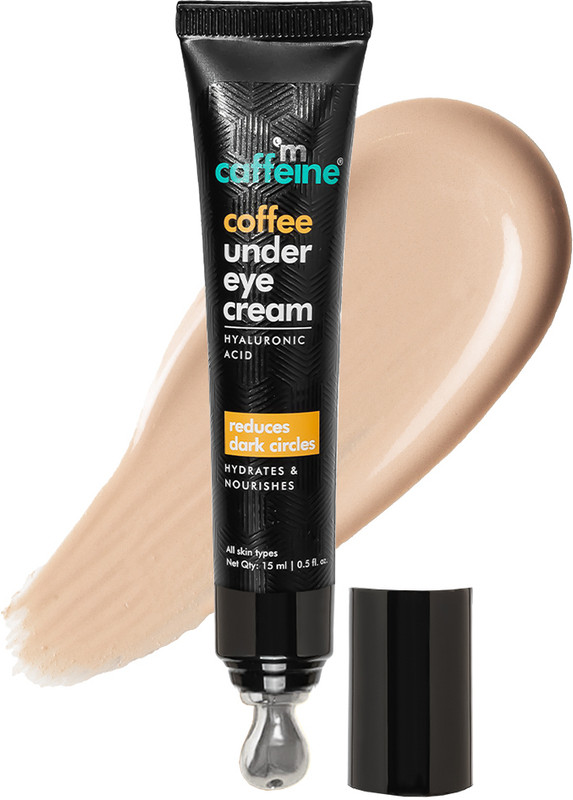In this step-by-step guide, we explore how to improve sleep to reduce dark circles under your eyes. We understand how frustrating it can be to deal with this common issue, and our guide aims to provide practical tips and techniques to help you get better sleep and minimize dark circles.



7 Professional Tips and Natural Remedies to Eliminate Dark Circles
1. Establish a Consistent Sleep Schedule
Here are some ways to establish a consistent sleep schedule:
- Go to bed and wake up at the same time every day: Choose a bedtime that allows you to get at least 7-9 hours of sleep and stick to it every night. For example, aim to go to bed at 10:00 PM and wake up at 6:00 AM consistently.
- Avoid sleeping in on weekends: Even on weekends, try to stick to your regular sleep schedule to maintain your body’s internal clock.
- Create a bedtime routine: Wind down before bed with calming activities like reading or taking a warm bath to signal to your body that it’s time to sleep.
- Limit caffeine and electronics before bed: Avoid consuming caffeine or using electronic devices at least one hour before bedtime to help your body prepare for sleep.
Following these steps can help regulate your body’s internal clock and improve the quality of your sleep.


2. Create a Relaxing Bedtime Routine
- Engage in calming activities such as reading or taking a warm bath before bed.
- Reading a book or listening to soothing music can help signal your body it’s time to wind down.
- Taking a warm bath can relax your muscles and prepare you for a restful night’s sleep.
- Try to avoid screens and stimulating activities to promote a peaceful bedtime routine.
3. Optimize Your Sleep Environment
Make sure your bedroom is cool, dark, and quiet to promote quality sleep. Keep the temperature between 60-67°F (15-19°C), use blackout curtains or an eye mask to block out light, and reduce noise by using earplugs or a white noise machine. Creating a calming environment will help you fall asleep faster and improve the overall quality of your rest.
4. Limit Stimulants and Electronics Before Bed
- Avoid consuming caffeine at least 4-6 hours before bedtime.
- Refrain from eating heavy meals within 2-3 hours of going to sleep.
- Limit screen time by turning off electronic devices an hour before bedtime.
- Engage in relaxing activities such as reading or meditating instead.
5. Exercise Regularly
Incorporate physical activity into your routine by scheduling regular workouts or walks during the day. Make sure to avoid vigorous workouts close to bedtime to prevent interfering with your sleep. Instead, opt for gentle exercises or relaxation techniques to wind down before going to bed. This will help you maintain a healthy routine and improve your overall well-being.
6. Manage Stress and Anxiety
Practice relaxation techniques like deep breathing or meditation to reduce stress levels before sleep:
- Deep Breathing: Sit or lie down comfortably. Inhale deeply through your nose for a count of 4, hold your breath for 7 counts, then exhale slowly through your mouth for 8 counts. Repeat this cycle for a few minutes.
- Meditation: Find a quiet place. Close your eyes and focus on your breath. Inhale deeply, feeling your lungs expand, then exhale slowly, letting go of any tension. Continue this for 5-10 minutes to calm your mind and body before bedtime.
7. Watch Your Diet
- Consume a balanced diet with plenty of fruits, vegetables, whole grains, and lean proteins.
- Avoid eating large meals right before bed to prevent discomfort that could disrupt your sleep.
- Opt for lighter snacks if you feel hungry closer to bedtime.
8. Limit Naps During the Day
- Keep Naps Short and Early: Limit naps to 20-30 minutes in the early afternoon to avoid affecting nighttime sleep patterns.
- Avoid Late Afternoon Naps: Refrain from napping too close to bedtime to ensure better sleep quality at night.
9. Seek Medical Advice if Necessary
If sleep issues persist despite these efforts, consult a healthcare professional for further evaluation. Schedule an appointment with a doctor or a sleep specialist. Describe your symptoms in detail and follow their recommendations for additional tests or treatments. Prioritize your health and seek professional advice to address your sleep concerns.
10. Stay Consistent with Your Routine
- Stick to your routine: Go to bed and wake up at the same time every day to regulate your body’s internal clock.
- Hydrate consistently: Drink plenty of water throughout the day to keep your skin hydrated and reduce puffiness around your eyes.
- Use eye creams regularly: Apply eye creams with ingredients like vitamin C or hyaluronic acid daily to improve skin elasticity and reduce the appearance of dark circles.
Restful Nights, Brighter Mornings
Here you go: “In conclusion, by following these steps to improve your sleep quality, you can effectively reduce dark circles and promote overall well-being. We hope these tips help you get the restful sleep you deserve! Let us know if you have any questions or need further advice.
Essential Sleep Aids
- Alarm clock
- Comfortable bedding
- Sleep mask
- Earplugs
- Essential oils or candles
- White noise machine
- Blackout curtains
- Blue light blocking glasses
- Workout clothes
- Yoga mat
- Meditation app
- Healthy snacks
- Water bottle
- Sleep tracker
- Physician contact information



Sleep Better, Look Brighter
- Establish a consistent bedtime routine to signal your body that it’s time to wind down
- Create a calm and relaxing sleep environment by keeping your bedroom cool, dark, and quiet
- Limit screen time before bed as the blue light emitted can disrupt your sleep cycle
- Avoid consuming caffeine and heavy meals close to bedtime to promote better sleep quality
- Try incorporating relaxation techniques such as meditation or deep breathing exercises to help you unwind
- Stay physically active during the day to promote better sleep at night
- Consider investing in a comfortable mattress and pillows that support good sleep posture
- If you’re still struggling with sleep, consult a healthcare professional to rule out any underlying sleep disorders
Application Techniques for Reducing Dark Circles
- Apply a small amount of the “Reduces Dark Circles” product onto clean, dry skin around the eye area
- Gently pat the product using your ring finger, starting from the inner corner of the eye and moving outwards
- Make sure to avoid getting the product into your eyes
- Use the product as directed, either in the morning or evening, for best results
- Remember to be consistent with your application to see improvements in reducing dark circles over time
FAQs About Dark Circles
Are there specific techniques or massages that can help reduce dark circles?
Certainly! While massages can help with blood circulation and lymphatic drainage, there is limited scientific evidence to support the claim that they can effectively reduce dark circles under the eyes. Dark circles are often caused by a variety of factors such as genetics, age, dehydration, lack of sleep, or allergies. To address dark circles, it’s essential to focus on lifestyle changes like getting enough sleep, staying hydrated, managing allergies, and using skincare products with ingredients like vitamin C, retinol, or hyaluronic acid that can help improve the appearance of dark circles. Always consult with a dermatologist for personalized advice and treatment options.
Can lack of sleep worsen dark circles?
Yes, lack of sleep can worsen dark circles under the eyes. When we don’t get enough sleep, blood vessels dilate, causing the skin under the eyes to appear darker. Inadequate sleep can also lead to fluid retention, making the under-eye area puffy and accentuating dark circles. It is essential to prioritize good sleep hygiene to help reduce the appearance of dark circles and promote overall skin health.
Are there any specific ingredients to look for in products that reduce dark circles?
Certainly! When looking for products to reduce dark circles, it’s important to check for ingredients such as Vitamin C, Vitamin K, retinol, hyaluronic acid, caffeine, and peptides. These ingredients are known to help brighten the skin, reduce puffiness, increase collagen production, and improve the overall appearance of dark circles. Remember to always patch test new products to ensure they are suitable for your skin!
Can dark circles be a sign of an underlying health issue?
Yes, dark circles under the eyes can sometimes be a sign of an underlying health issue. Factors such as genetics, lack of sleep, dehydration, allergies, and aging can contribute to dark circles. However, in some cases, they can also be linked to health conditions such as anemia, thyroid issues, or vitamin deficiencies. If you are concerned about persistent dark circles, it’s always a good idea to consult with a healthcare provider for proper evaluation and guidance.
Can allergies contribute to dark circles under the eyes?
Yes, allergies can contribute to dark circles under the eyes. Allergies can cause inflammation and swelling in the blood vessels around the eyes, which can result in the appearance of dark circles. This happens because the skin around the eyes is thinner and more sensitive, making it more prone to showing signs of inflammation. Additionally, constant rubbing of the eyes due to allergies can also worsen dark circles. It’s important to manage allergies effectively to help reduce this symptom.
Can lifestyle changes help reduce dark circles?
Yes, lifestyle changes can help reduce dark circles. Factors like lack of sleep, dehydration, stress, and poor diet can contribute to the appearance of dark circles under the eyes. Getting enough sleep, staying hydrated, managing stress, eating a balanced diet rich in nutrients, and protecting your skin from sun damage can all help reduce the prominence of dark circles. However, it’s essential to note that dark circles can also be caused by genetics or other underlying health issues, so it’s always a good idea to consult with a healthcare provider for personalized advice.
Are there any side effects to watch out for when using dark circle reducing products?
When it comes to using dark circle reducing products, it’s important to be aware of possible side effects that can vary depending on the ingredients in the product. Some common side effects to watch out for include irritation, redness, dryness, or allergic reactions. It’s always recommended to do a patch test before applying any new product to your delicate under-eye area to check for any adverse reactions. If you experience any persistent or severe side effects, it’s best to discontinue use and consult a dermatologist.
How long does it typically take to see results from dark circle treatments?
Typically, it can take anywhere from a few weeks to a few months to see noticeable results from dark circle treatments. The exact timeline can vary depending on the individual’s skin type, the specific treatment used, and how consistently it is applied. It’s important to be patient and consistent with the treatment to achieve the best results.
Do genetics play a role in the development of dark circles?
Yes, genetics can indeed play a role in the development of dark circles under the eyes. Some people may inherit genes that predispose them to have thinner skin or hyperpigmentation in the under-eye area, making dark circles more prevalent. Other factors like allergies, lack of sleep, or lifestyle habits can also contribute to the appearance of dark circles. It’s essential to understand that while genetics may play a part, there are ways to help minimize the appearance of dark circles through proper skincare, adequate rest, and overall health and wellness practices.
